Nigeria, Cameroon Swap 211 Prisoners
On April 3, 1998, Nigeria and Cameroon exchanged 211 prisoners caught during clashes in the disputed Bakassi Peninsula marking the first step toward peace which came several years later. Nigeria exchanged 86 captured Cameroonian soldiers and 38 civilians for 86 captured Nigerian soldiers and one civilian.
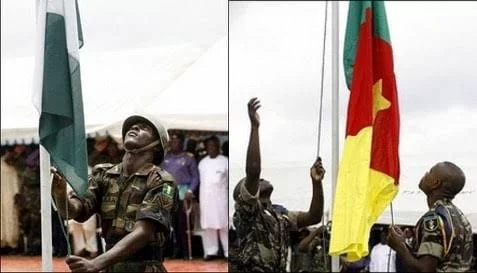
Earlier in 1994, both countries were on the brink of an all-out war over the disputed maritime border of the Bakassi Peninsula. When a war between both countries seemed inevitable, Cameroon took Nigeria to the International Criminal Court (ICC) in The Hague. It subsequently won the case, and Nigeria returned Bakassi to Cameroon on August 14, 2008, ending the face-off between the two countries.
Maker Of First Mobile Phone Call Revealed
On this day 51 years ago, the first mobile phone call was made in downtown Manhattan, New York City.
But who made that historic mobile phone call?
Martin Cooper was the man! Cooper was an employee of a popular phone manufacturer, Motorola. Cooper stood on a sidewalk on Sixth Avenue in Manhattan with a device the size of a brick and made the first public call from a cell phone to one of the men he had been competing with to develop the device.
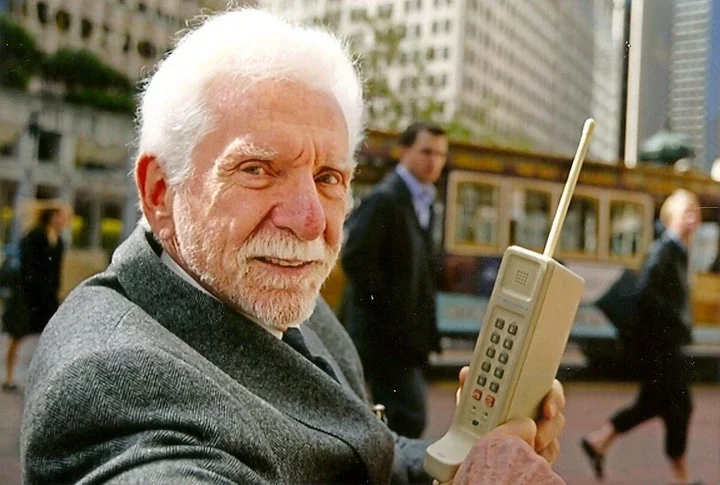
"I'm calling you on a cell phone, but a real cell phone, a personal, handheld, portable cell phone," Cooper, then an engineer at Motorola, said on the phone to Joel Engel, head of AT&T-owned Bell Labs.
While cell phones would not be available to the average consumer for another decade, anyone walking by Cooper on the street that day could have seen history being made. It's fifty-one years after that first call, Cooper's bulky device has evolved and has been replaced by a wide range of thinner, faster phones that are now everywhere which is reshaping industries, culture, and the way people relate to one another and live their daily lives.
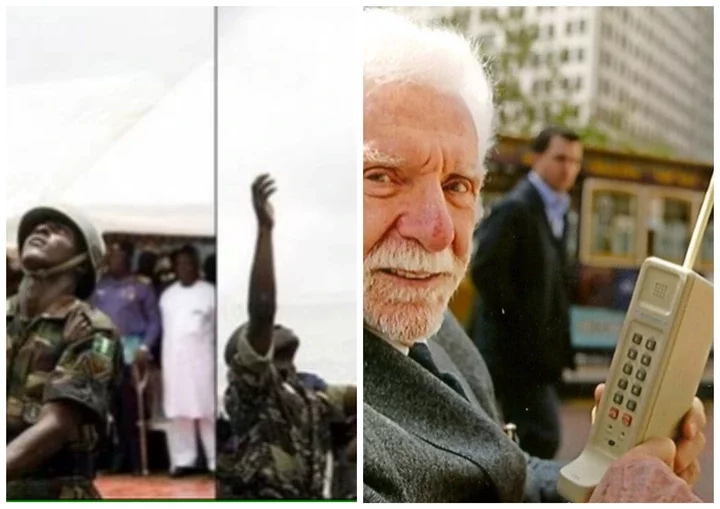
Martin Luther King Delivers His Last Speech
Also on April 3, 1968, Dr. Martin Luther King Jr. delivered a powerful speech that history cannot forget. Before the speech, he returned to Memphis amidst heightened security measures due to threats against him. Despite feeling unwell, he attended a rally at Bishop Charles Mason Temple, initially planning to let his friend Ralph Abernathy deliver the main address. However, upon sensing the anticipation of the crowd to hear him address them, King decided to speak himself, delivering what would be remembered as the "Mountaintop Speech."
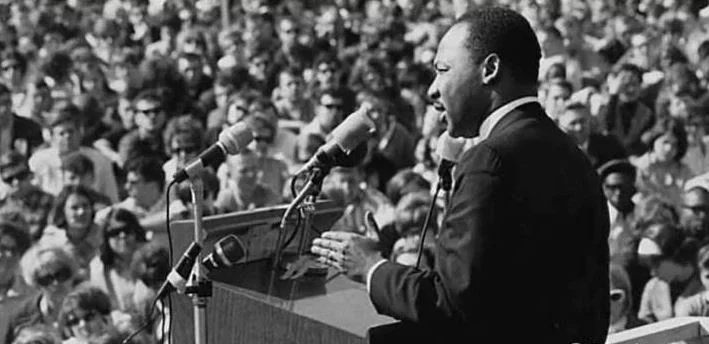
In this impassioned address, King reflected on his place in history, the ongoing struggle for civil rights, and his vision for a better future. He recounted past challenges, including an assassination attempt, and expressed his unwavering commitment to the cause. King's words, particularly his prophetic declaration of having seen the Promised Land, deeply resonated with both the audience and him. Witnesses observed tears streaming down King's face as he concluded his speech, leaving an indelible mark on all who were present. Sadly, that was his last speech where he spoke both prophetically and emotionally without even realizing that he had less than 24 hours to live as he was eliminated the next day.

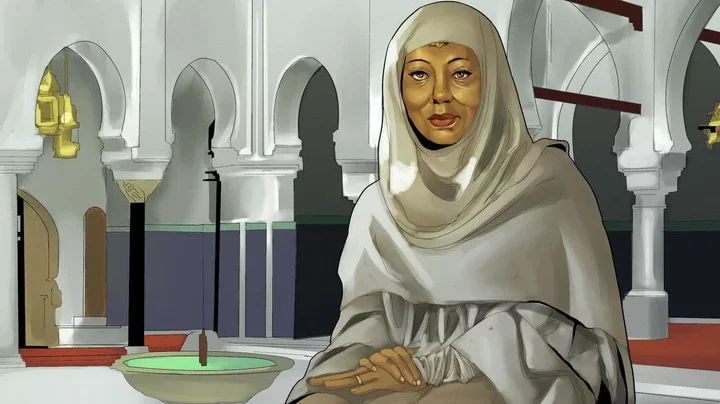
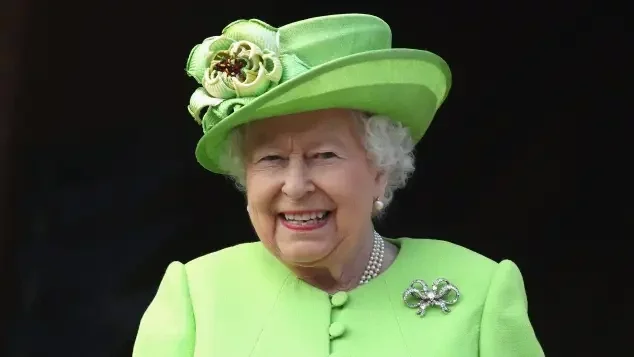
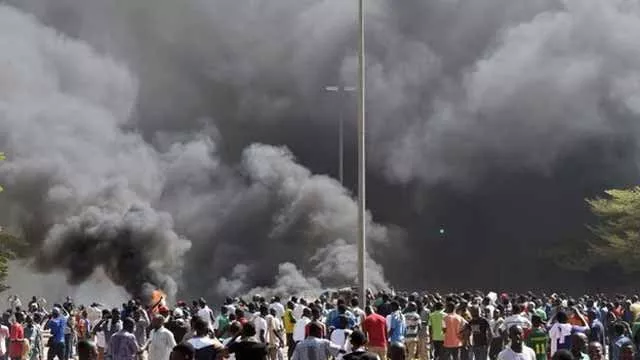
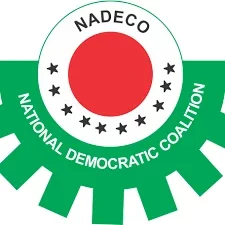
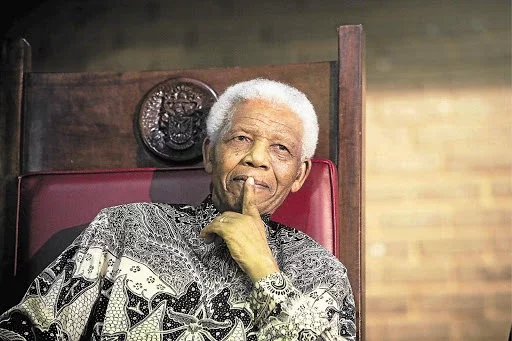
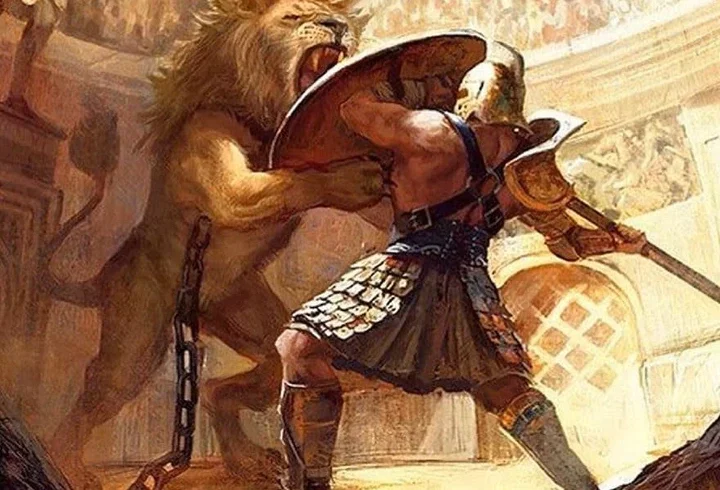
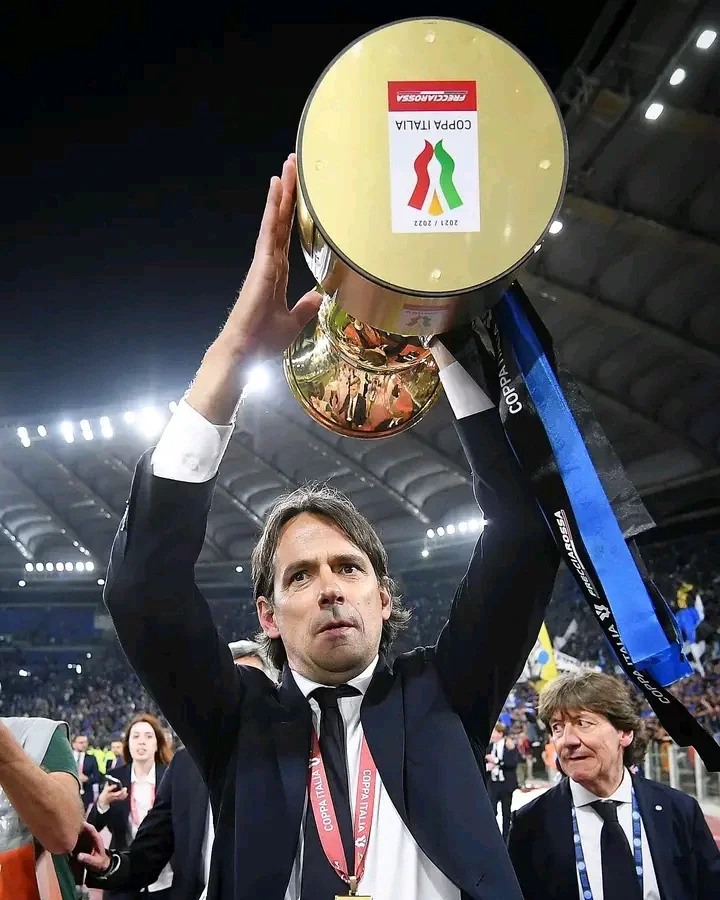
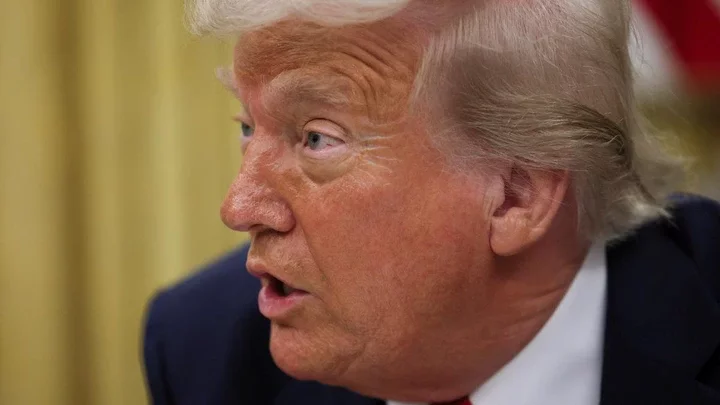



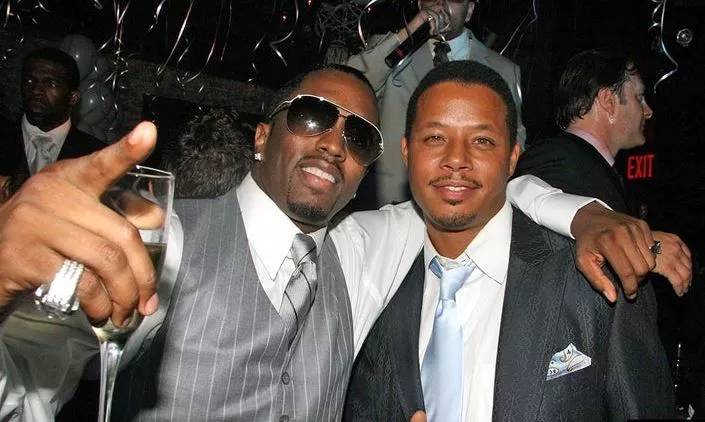
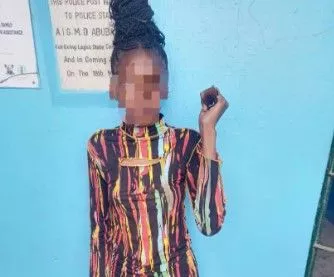
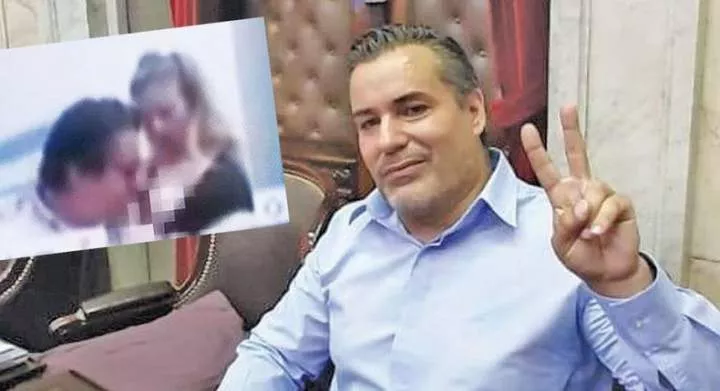


Comments